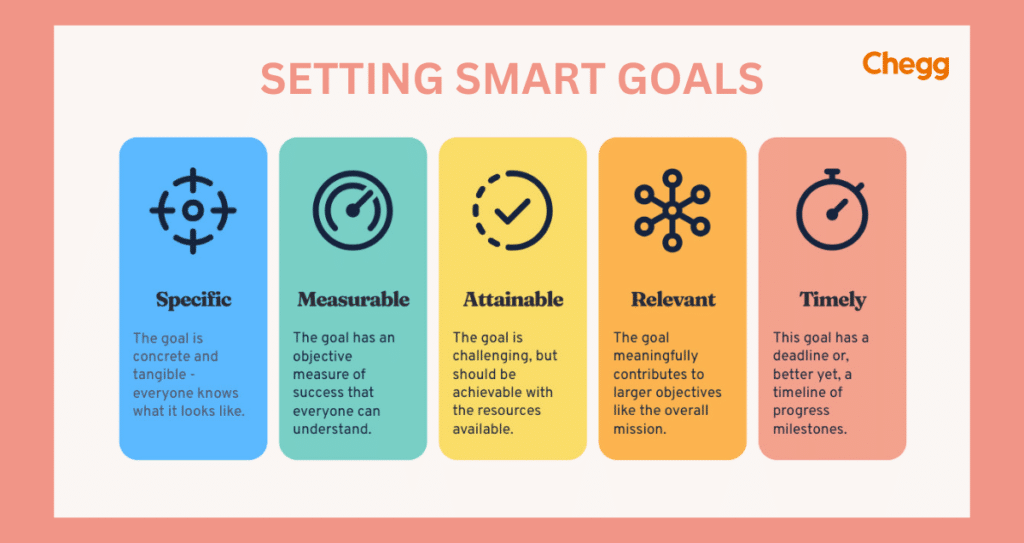“Time is the most valuable thing a man can spend.” — Theophrastus.
Theophrastus, a Greek philosopher, made this observation centuries ago, yet it holds profound relevance even today. He realized that unlike material wealth, time could not be returned once spent. His words serve as a reminder that how we manage our time is crucial. Effective time management at workplace not only boosts productivity but also fosters innovation, a key factor in staying competitive in today’s fast-paced world. This should inspire you to master this absolutely necessary soft skill for long-term growth and fulfillment in both personal and professional font.
An approach to time management at workplace not only ensures productivity but also promotes a healthier work-life balance. Therefore, it is very important to respect time and use it wisely to excel in professional life.
The Significance of Time Management at Workplace
Time management for work begins with giving time to update your resume, searching for job vacancies, taking the time to find the company that matches your work profile, and applying for it. And finally, taking the time to prepare for the interview each step involves time management. It is about prioritizing the task and reducing distractions to ensure that you are working smarter, not harder. Poor time management can lead to stress, missed deadlines, and, ultimately, burnout. Employees who struggle with managing their time often find themselves overwhelmed, which in turn causes a lack of motivation and productivity.
But once you have mastered time management, you can handle multiple tasks together more efficiently, meet deadlines quickly, and maintain a better work-life balance. It’s no surprise that time management at workplace is one of the most important soft skills that hiring professionals seek in today’s job market.
Effective Tips for Time Management at Workplace
Here are some of the tips and tools that you can follow for time management at the workplace:
1. Prioritize Tasks
Make a list of your tasks in order of importance and urgency. You can use the Eisenhower Matrix, a tool that helps you differentiate between urgent and non-urgent tasks, allowing you to focus on the work that needs more priority.
This simple tool helps employees categorize their tasks into four groups based on urgency and importance:
2. SMART(Specific, Measurable, Achievable, Relevant, and Time-bound) Goals
Break down larger goals into- Specific, Measurable, Achievable, Relevant, and Time-bound tasks. This structure helps track progress and prevents overwhelming workloads. Setting realistic goals also prevents you from overcommitting.

3. Time Management Tools
Using time management tools like Toggl or Clockify can help you monitor the amount of time you spend on each task. These tools give an insight how much time you spend on each task for example you might be spending more time on emails, using these tools you can allocate fixed time to try and manage them.
4. Use the Pomodoro Technique
Work for a short period, one every 25 minutes, and allow yourself to take a 5-minute break every 25-30 minutes. This method helps to keep your concentration. After completing four short intervals of work and a break, you can take a longer break. This will encourage you to finish your work so that you can relax in your break time without feeling burned out.

5. One Work at a Time
Focus on one task at a time to improve efficiency and the quality of your work. Multitasking can hamper productivity, so it’s better to finish one task before moving on to the next. By concentrating on one task at a time, you can complete it faster and error-free, leaving more time for other important activities.
6. Delegate Wisely
Many feel that they should handle all tasks themselves, which can cause burnout and inefficiency. That is why recognizing tasks that can be delegated to others is very important. Effective delegation frees up time for higher-priority responsibilities and improves overall productivity.
Overcoming Time Management Challenges
Efficient time management in the workplace can be a difficult skill to hone, but with a disciplined approach and the right strategies, these obstacles can be overcome with ease. By creating a distraction-free environment, such as turning off unnecessary notifications or setting designated times for communication, employees can better focus on their tasks.
Fighting procrastination is another key factor in improving time management at workplace. Breaking down large tasks into smaller, more manageable steps makes them feel less overwhelming. Setting mini-deadlines for these smaller tasks can provide a sense of accomplishment and maintain productivity throughout the day.
Additionally, maintaining a healthy work-life balance is crucial to effective time management. It’s not just about maximizing output at work but also ensuring that employees can enjoy their personal time without guilt. Overworking can lead to burnout, which ultimately diminishes productivity. By managing time wisely, employees can excel in their roles while also nurturing their well-being.
Wrapping up
At the end of the day, time management at workplace is essential for both individual and company’s success. Employees who develop strong time management skills will meet deadlines be productive and maintain job satisfaction. With practice, time management at workplace can become second nature, leading to a more efficient, balanced, and fulfilling professional life.
Also Read:
Importance of Soft Skills in the Modern Day Workplaces
HR Interview Questions for Freshers (Detailed Guide with Answers)
Source link
All Materials on this website/blog are only for Learning & Educational purposes. It is strictly recommended to buy the products from the original owner/publisher of these products. Our intention is not to infringe any copyright policy. If you are the copyright holder of any of the content uploaded on this site and don’t want it to be here. Instead of taking any other action, please contact us. Your complaint would be honored, and the highlighted content will be removed instantly.
